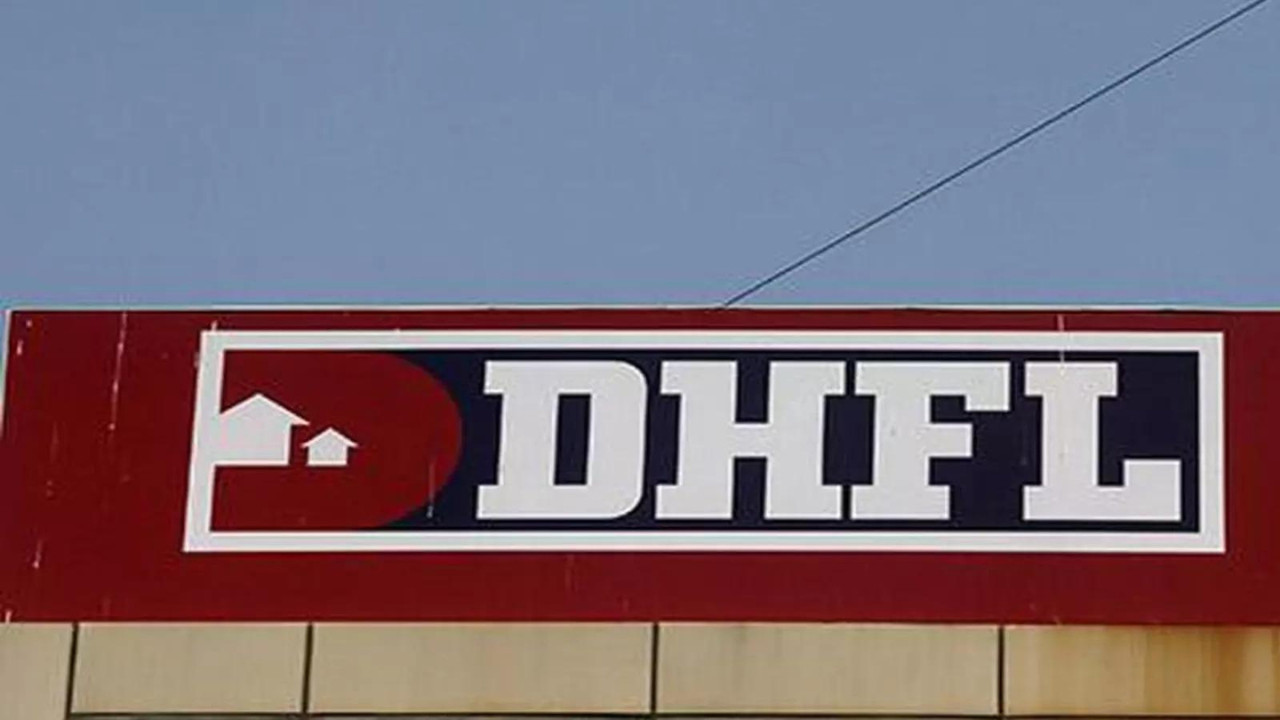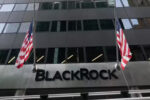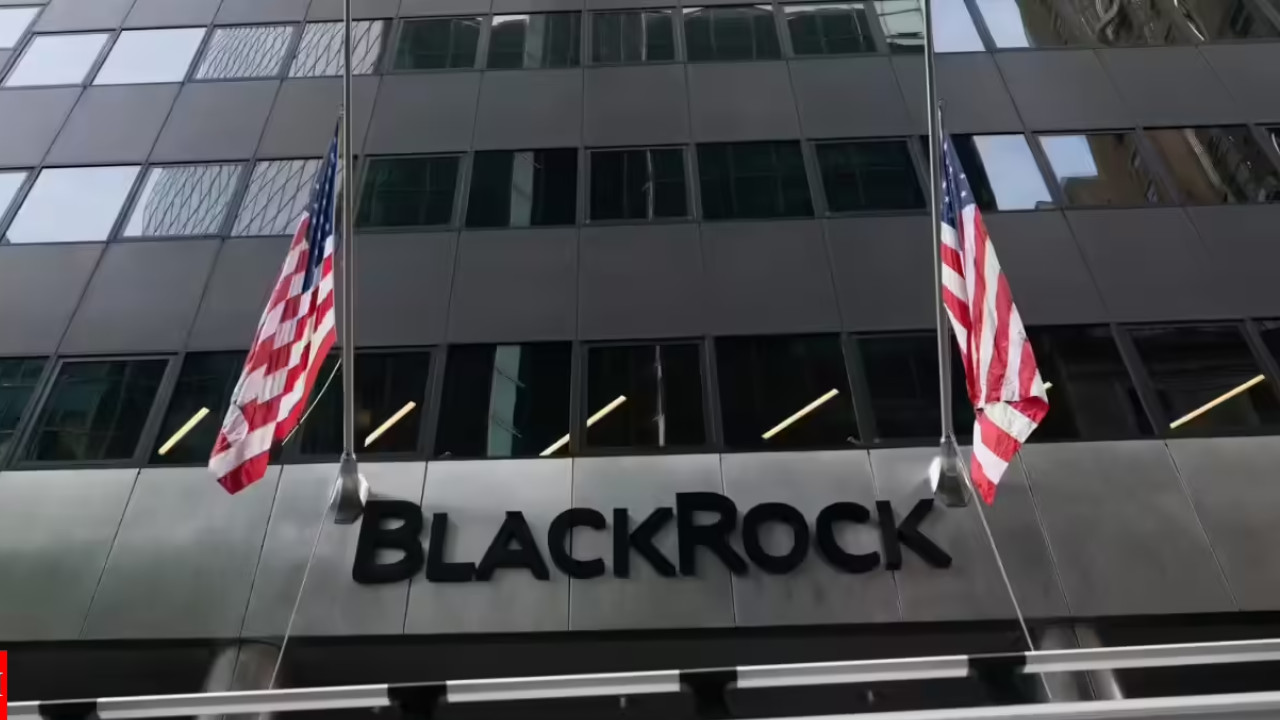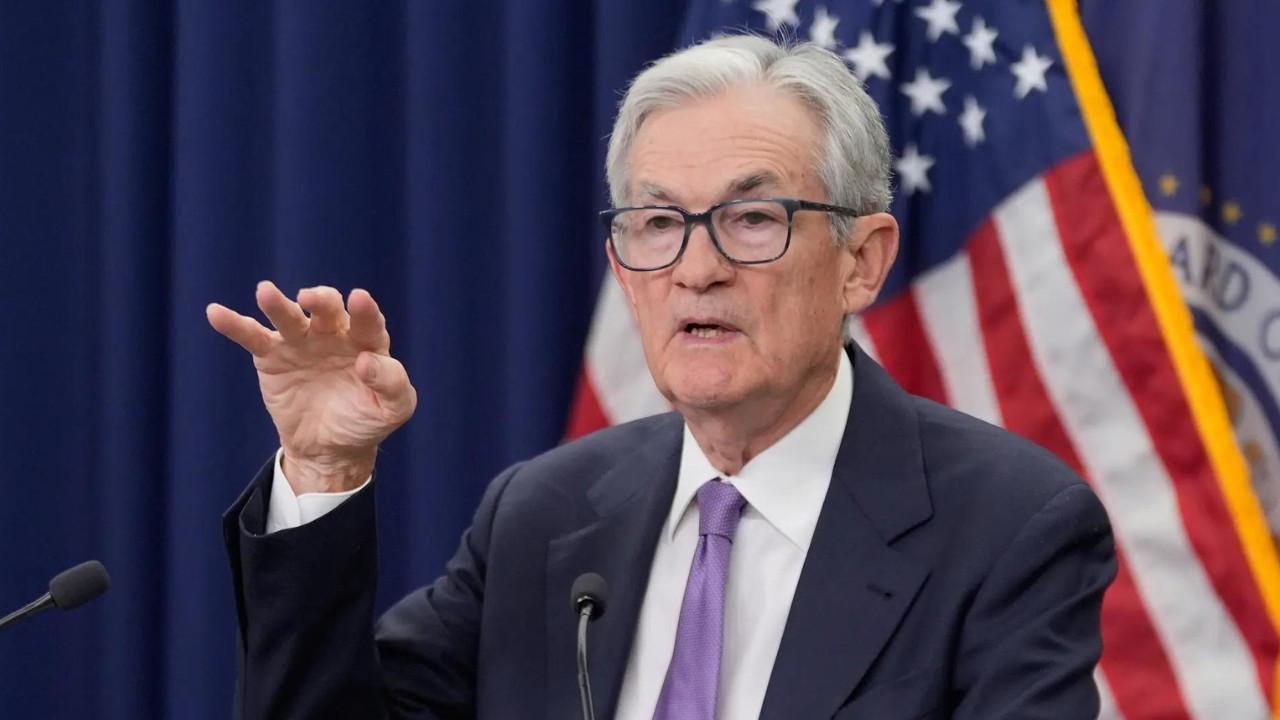Securities and Exchange Board of India (SEBI) has taken action against former officials of Dewan Housing Finance Corporation Limited (DHFL). Kapil Wadhawan, Dheeraj Wadhawan, and four others face bans from the securities market. SEBI imposed penalties totaling Rs 120 crore for fund diversion and fabricating financial records. They are also restricted from key positions in listed companies.
The Curious Case of DHFL: When Loans Go Wrong
The collapse of Dewan Housing Finance Corporation (DHFL) sent tremors through the Indian financial landscape a few years back. The ripples are still being felt, most recently with SEBI (Securities and Exchange Board of India) cracking down on key figures involved in the debacle. It’s a story of ambition, alleged misdeeds, and a stark reminder of the importance of regulatory oversight in the world of finance.
DHFL, once a prominent player in the housing finance sector, catered primarily to the lower and middle-income segments, offering them the opportunity to realize their dreams of owning a home. But behind the facade of empowering ordinary citizens, a storm was brewing.
The recent SEBI order bans Kapil Wadhawan, Dheeraj Wadhawan, and four other individuals from the securities market. This isn’t just a slap on the wrist; it’s a significant action intended to hold them accountable for their alleged roles in the DHFL saga. Furthermore, a hefty penalty of ₹120 crore has been imposed, signalling a no-nonsense approach to financial impropriety.
What Exactly Went Wrong at DHFL?
The charges are serious. SEBI alleges that DHFL, under the leadership of the Wadhawan brothers, engaged in fraudulent transactions. Funds were reportedly diverted through a complex web of related parties, masking the true financial health of the company. Imagine a maze of interconnected companies, each strategically used to channel funds away from DHFL, ultimately weakening its ability to meet its obligations. This alleged siphoning of funds ultimately led to DHFL defaulting on its debt obligations, leaving thousands of investors and creditors in the lurch.
The SEBI investigation uncovered a disturbing pattern of financial mismanagement. The intricate network of shell companies and questionable loan practices raised serious concerns about corporate governance and the integrity of the company’s operations. This wasn’t just a case of bad luck or unforeseen market conditions; it pointed towards a deliberate attempt to manipulate the system.
Regulatory Scrutiny and the Quest for Accountability
SEBI’s actions highlight the importance of regulatory vigilance in preventing financial scams. The investigation into DHFL’s affairs was complex and painstaking, requiring investigators to unravel a tangled web of transactions and trace the flow of funds. The ban imposed on the individuals involved sends a strong message: that market manipulation and fraudulent practices will not be tolerated.

The ₹120 crore fine is another crucial element of accountability. While it may not fully compensate for the losses suffered by investors, it serves as a deterrent, discouraging others from engaging in similar fraudulent activities. This kind of penalty can also provide further compensation to the investors.
The Broader Implications of the DHFL Collapse
The DHFL case had a ripple effect throughout the Indian financial system. It exposed vulnerabilities in the housing finance sector and raised questions about the lending practices of other non-banking financial companies (NBFCs). The crisis also led to increased scrutiny of corporate governance standards and the need for stronger regulatory oversight. This led to significant tightening of regulatory norms for NBFCs to prevent a recurrence of similar situations.
The DHFL crisis also emphasized the importance of due diligence for investors. It served as a harsh reminder that high returns often come with higher risks. Investors need to carefully evaluate the financial health and management practices of companies before investing their hard-earned money.
Want to read more about the Indian stock market and learn how to be a savvy investor? Check out our article on [understanding market volatility](understanding-market-volatility).
What’s Next for the DHFL Case?
While SEBI has taken significant action, the DHFL saga is far from over. Legal proceedings are ongoing, and the resolution process for the company’s debt is still underway. The focus now shifts to recovering as much money as possible for the creditors and ensuring that those responsible are held fully accountable for their actions.
The DHFL case serves as a cautionary tale, reminding us of the importance of transparency, accountability, and robust regulatory oversight in the financial world. It underscores the need for constant vigilance to prevent financial wrongdoing and protect the interests of investors and the public at large. The actions of SEBI are a step in the right direction, but the long-term impact will depend on the successful prosecution of those involved and the implementation of stronger safeguards to prevent similar crises in the future.







